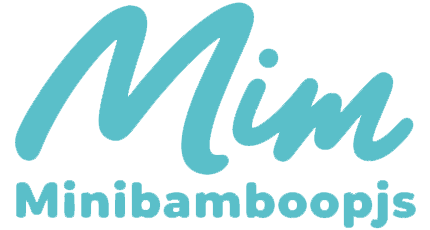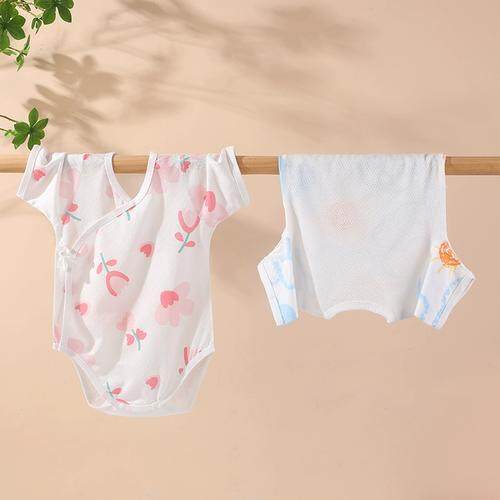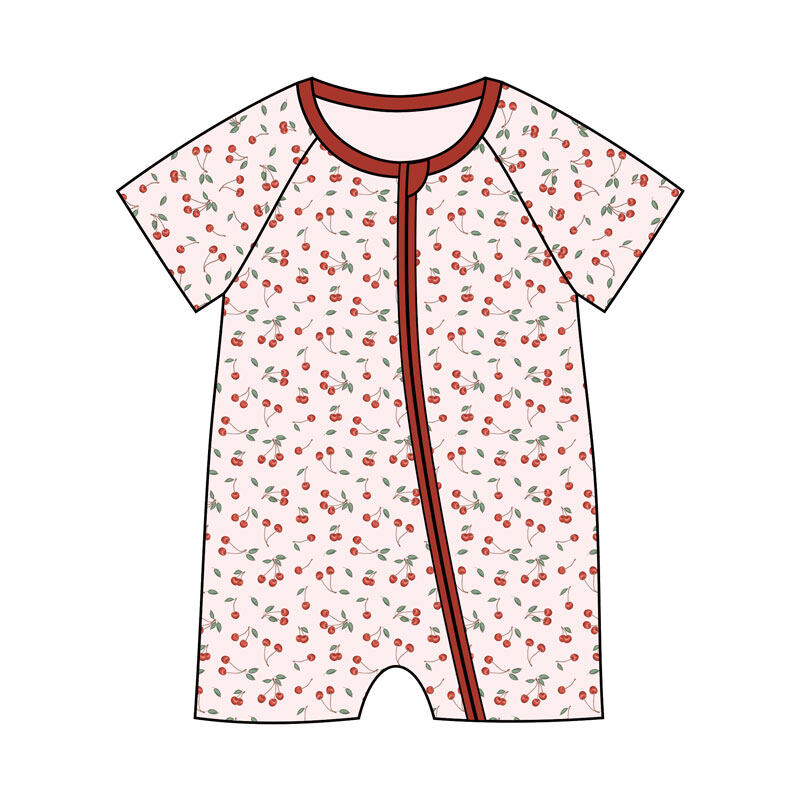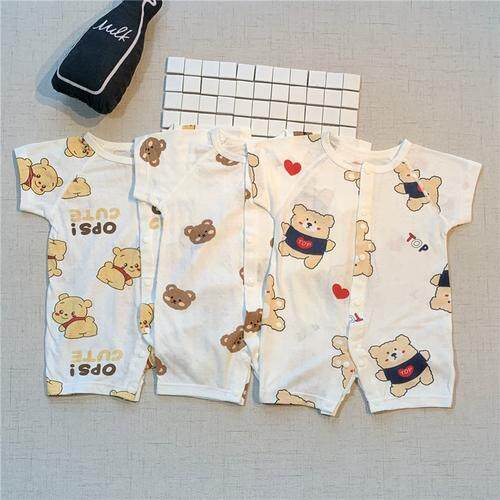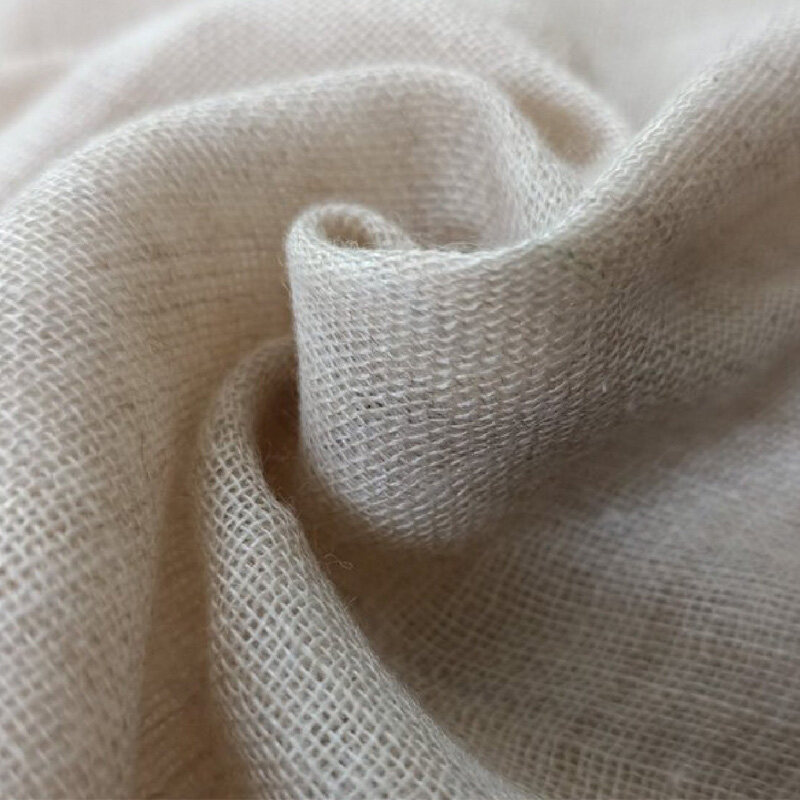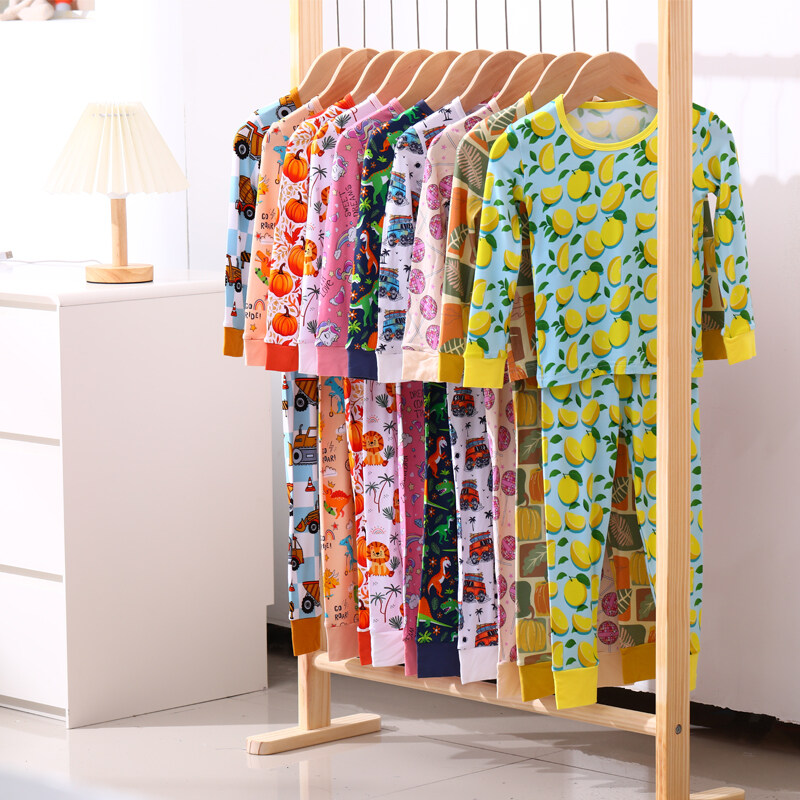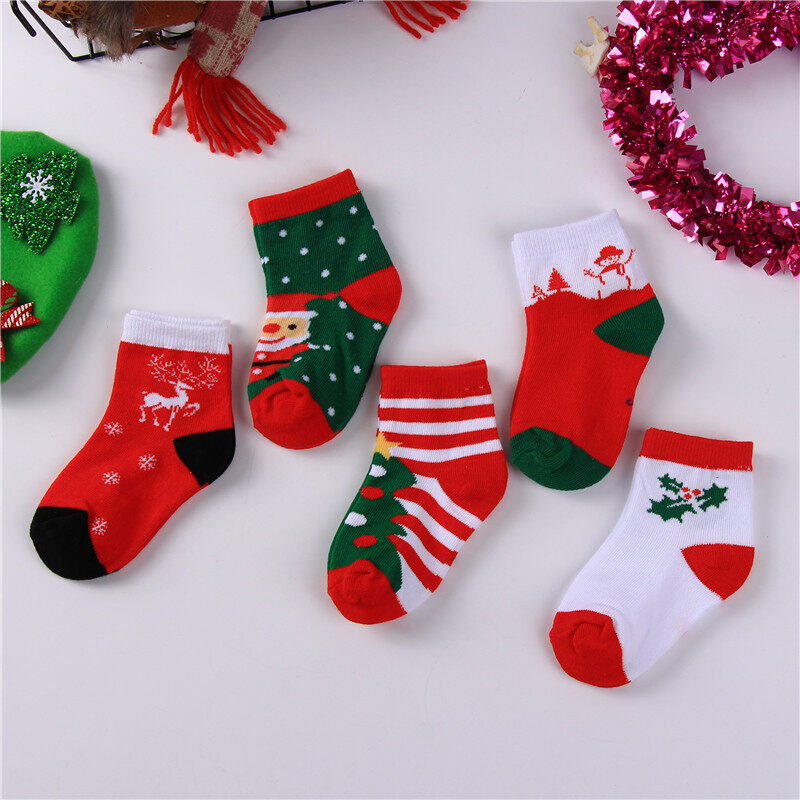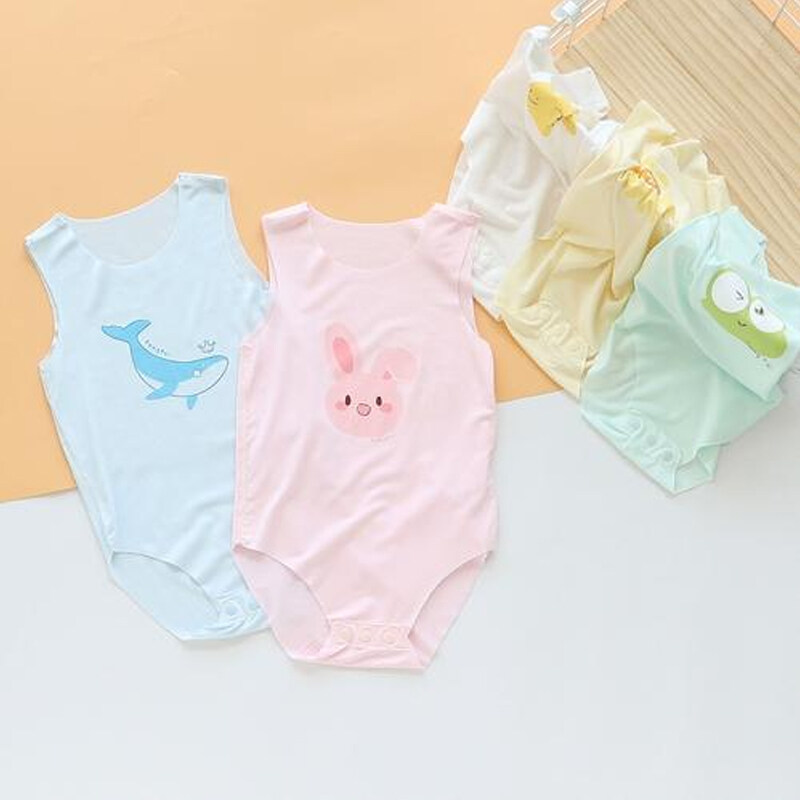Are Bamboo Baby Clothes the Best for Your Child?

Bamboo isn’t just for panda snacks or eco toothbrushes anymore. It’s quickly becoming one of the most trusted materials in baby clothing — and for good reason.
From silky-soft rompers to breathable sleep sacks, bamboo baby clothes are winning over both pediatricians and parents. But are they really better? And more importantly: are they safe for your little one?
Let’s dive in.
Why Are More Parents Choosing Bamboo for Their Babies?
If you’ve ever held a bamboo onesie, you know — it’s unbelievably soft. But there’s more behind the fabric than just feel.
1. Hypoallergenic and gentle on sensitive skin
Babies have delicate skin that can be irritated by rough fabrics or chemical dyes. Bamboo is naturally hypoallergenic, free from harsh chemicals, and even resistant to dust mites. That’s why it’s ideal for eczema-prone or sensitive-skinned babies.
2. Breathable and thermo-regulating
Bamboo fibers help regulate body temperature — keeping your baby cool in the summer and warm in the winter. This is especially important for newborns who can’t regulate their own body temperature yet.
3. Moisture-wicking and odor-resistant
Bamboo absorbs moisture better than cotton and dries faster. This helps reduce diaper rash and keeps your baby feeling fresh — even during long naps.
4. Stretchy and durable
Whether it’s a bamboo romper or footie, the stretch of bamboo makes diaper changes easier and ensures a snug (but not tight) fit.
Is Bamboo Really Safer for Babies Than Cotton?
Many parents wonder if bamboo is truly safer than organic cotton.
Here’s the truth: both are natural fibers, but bamboo tends to be softer, more breathable, and more sustainable when grown and processed responsibly. Unlike some synthetic fabrics or heavily dyed cotton blends, bamboo is free from harmful additives like BPA, phthalates, or formaldehyde — all of which can be found in lower-quality baby clothes.
Expert Tip: Always look for OEKO-TEX® certified bamboo baby clothes to ensure the fabric is tested for harmful substances.
Is Bamboo a Sustainable Choice?
Yes — bamboo is one of the most eco-friendly materials available. It grows incredibly fast (up to 3 feet a day!), doesn’t require replanting, and needs no pesticides or chemical fertilizers. Plus, it absorbs more CO₂ and releases more oxygen than many trees.
In contrast, cotton — even organic cotton — requires much more water and land to produce the same amount of usable fiber.
Bamboo Baby Essentials: What to Try First
Ready to give bamboo baby clothes a try? Here are some easy swaps to start with:
- Bamboo Rompers – Ultra-soft for playtime and naps.
- Bamboo Footies – Gentle and breathable for newborns.
- Bamboo Onesies – Great for layering year-round.
- Bamboo Sleep Sacks – Safe and cozy alternative to loose blankets.
Bonus: most bamboo fabrics are machine washable and hold up beautifully over time, meaning you can reuse or hand them down.
What Other Parents Are Saying
“I didn’t believe the hype until I tried a bamboo onesie — now it’s the only thing my baby wears to sleep.”
— Emma G., mom of 2
“My son has eczema and cotton would make him itchy. We switched to bamboo and saw a huge improvement in just a few days.”
— Leo W., first-time dad
Final Thoughts: Is Bamboo Right for Your Baby?
If you’re looking for baby clothes that are safe, soft, sustainable, and seriously cute — bamboo is hard to beat. While it may be a bit more expensive than conventional cotton, the benefits to your baby’s comfort, skin health, and the planet make it more than worth it.
Want to Learn More?
Discover our collection of bamboo baby rompers, footies, and sleep sacks made from 100% bamboo viscose — thoughtfully designed for sensitive skin and growing babies.










